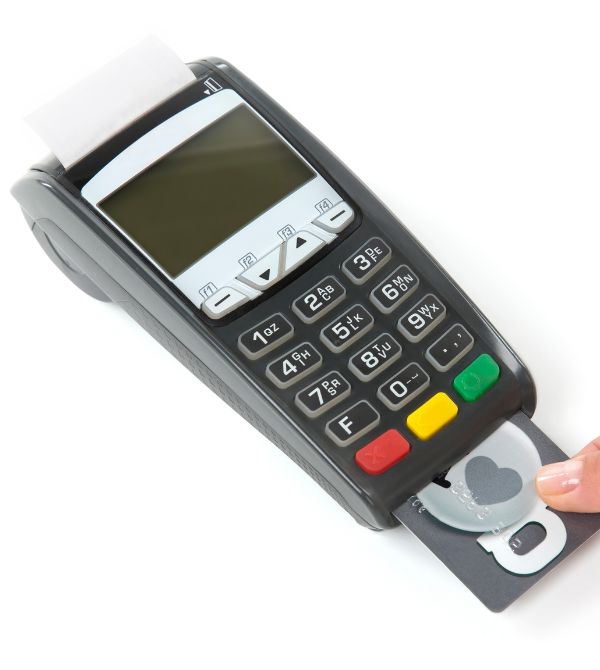
13 Mar How Do You Know When It’s Time To Upgrade Your POS System?
As technology evolves, businesses must keep up with the latest innovations to remain competitive. This is especially true for point-of-sale (POS) systems, which are crucial in managing transactions and customer data. If you’re still using an outdated POS system, you could be missing out on new features that improve efficiency and increase revenue. Here are some signs that it’s time for a new POS system installation.
1. Slow Performance
If your current POS system takes forever to process transactions or load menus, it’s time to upgrade. Slow performance can lead to long wait times for customers, negatively impacting their experience at your business.
2. Lack of Integration
You’re missing valuable data insights if your POS system doesn’t integrate with other software programs, such as accounting or inventory management. Upgrading to a more advanced system can help you streamline operations and gain deeper insights into customer behavior.
3. Security Concerns
Outdated POS systems may not have the latest security features to protect customer data from cyber threats like hacking and identity theft. Upgrading to a newer system with stronger security measures will give both you and your customers greater peace of mind.
4. Limited Functionality
Older POS systems may lack modern features like mobile payments or contactless payment options, which are becoming increasingly popular among consumers. By upgrading your system, you’ll be able to offer these convenient payment methods to stay ahead of the competition.
5. Outdated Hardware
If your POS system hardware is outdated and no longer supported, it’s time to upgrade. Running on old hardware can lead to system crashes and data loss, putting your business at risk.
6. Limited Reporting Capabilities
Older POS systems may not offer the reporting capabilities to track sales, inventory, and customer behaviour effectively. Upgrading to a more advanced system can help you gain valuable insights into your business operations and make data-driven decisions.
7. Difficulty Managing Multiple Locations
If your business has multiple locations, managing them with an outdated POS system can be challenging. Upgrading to a cloud-based system can help you streamline operations across all locations and access real-time data from anywhere.
Things to consider when upgrading your POS system.
- Cost: Determine your budget and find a system that fits within it.
- Compatibility: Ensure that the new system is compatible with your current hardware and software.
- Features: Consider what features you need in a POS system, such as inventory management, employee tracking, and reporting.
- Ease of use: Look for a user-friendly interface that will make training employees easier.
- Customer support: Research the customer support offered by the provider to ensure you have access to help if needed including POS maintenance.
- Security: Ensure that the new system has adequate security measures in place to protect sensitive data.
- Integration: Consider how well the new system will integrate with other tools and systems you already use.
- Scalability: Choose a POS system that can grow with your business and accommodate future needs.
In conclusion, upgrading your POS system and doing enterprise POS maintenance can offer numerous benefits for your business, including improved efficiency, increased revenue, and better customer experiences. Outdated hardware and limited reporting capabilities can hold your business back while POS installation for upgrade to a more advanced system can help you gain valuable insights into your operations and make data-driven decisions.
Don’t let an outdated POS system hold your business back. Contact Datamax System Solutions for enterprise POS installation, POS maintenance, and upgrading your system for improved efficiency and increased revenue.

